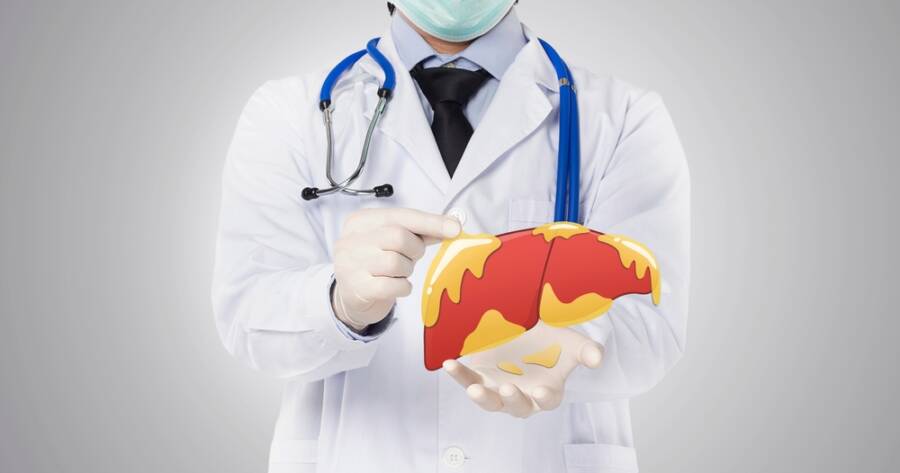Fatty liver disease, divided into nonalcoholic and alcoholic types, is closely linked to lifestyle factors like obesity and alcohol use. Effective management involves lifestyle adaptations, focusing on weight loss and exercise, complemented by nutritional modifications. Advanced cases might necessitate medical interventions, including surgeries. Preventive efforts emphasize regular health monitoring and collaboration with healthcare providers.
Understanding Fatty Liver Disease
Fatty liver disease, encompassing both nonalcoholic fatty liver disease (NAFLD) and alcoholic fatty liver disease (AFLD), is characterized by an excessive accumulation of fat in the liver. This condition is often associated with obesity, type 2 diabetes, and sedentary lifestyles. Meanwhile, AFLD is directly linked to alcohol intake and its cessation can lead to recovery.
Common indicators include elevated liver enzymes, often discovered through blood tests conducted for other medical concerns, leading to further diagnostics. Left untreated, fatty liver disease could progress to severe complications such as cirrhosis or liver cancer.
Effective Treatment Strategies
Managing fatty liver disease primarily involves lifestyle modifications, particularly emphasizing weight loss. For NAFLD, weight loss of 7% to 10% can notably reduce liver fat and inflammation, while even a 3% to 5% loss is beneficial for improving liver health.
Strategies include healthier food choices focused on low-calorie and unprocessed foods to create a balanced diet. It is also recommended to avoid rapid weight loss, as it may worsen liver conditions.
The Role of Exercise and Physical Activity
Engaging in regular physical activity is a cornerstone of managing fatty liver disease. Both aerobic and resistance exercises have been shown to reduce liver fat effectively, even in the absence of significant weight loss.
Aiming for at least 150 minutes of exercise weekly, or 200 minutes for more substantial benefits, supports improved overall liver health, providing additional metabolic advantages.
Dietary Changes for Liver Health
Nutritional adjustments are integral to managing fatty liver disease. Diets low in saturated fats and sugars, such as the Mediterranean diet, are ideal for NAFLD.
Consider including a rich array of fruits, vegetables, and whole grains while avoiding high-calorie and processed foods to improve outcomes. While no specific medication exists to cleanse a fatty liver, vitamin E and other potential treatments are undergoing research for their efficacy but should be approached cautiously.
Advanced Medical Interventions
For those with advanced liver dysfunction, such as nonalcoholic steatohepatitis (NASH), more aggressive treatments may be required. This could include medical procedures, surgeries, and in severe cases, liver transplants.
It’s crucial to balance managing associated health conditions—such as diabetes, high cholesterol, and hypertension—alongside direct liver health interventions for holistic management. Patients must abstain from alcohol and certain liver-harming medications.
Prevention and Monitoring
Preventive measures for fatty liver disease focus on regular exercise, a balanced diet, and maintaining a healthy weight. Ongoing collaboration with healthcare providers enables proactive disease management and early intervention should there be any signs of progression such as fatigue and fluid retention. Vaccinations for viruses potentially causing additional liver damage are also recommended.
Learn More About Fatty Liver Treatment
Fatty liver disease presents significant health risks if left unmanaged. Understanding the importance of lifestyle modifications, such as diet and exercise, along with monitoring and preventive strategies, is crucial for minimizing progression to severe liver conditions like cirrhosis or liver cancer.
Engaging with healthcare professionals for personalized advice ensures a comprehensive approach to effectively manage and potentially reverse fatty liver disease, safeguarding liver health and enhancing overall well-being.
Sources
NIDDK NAFLD Treatment Recommendations
Healthline on Fatty Liver Recovery



